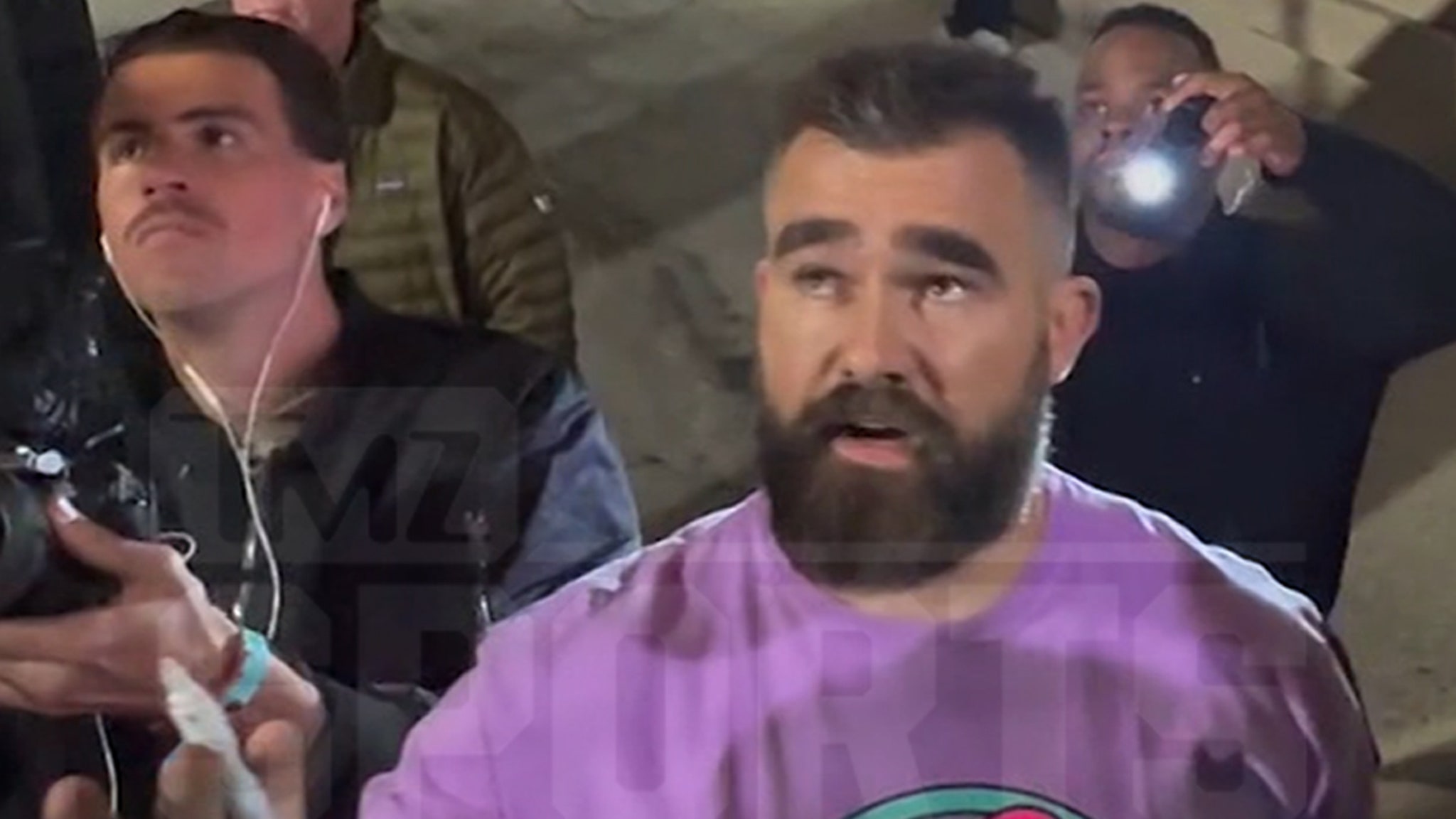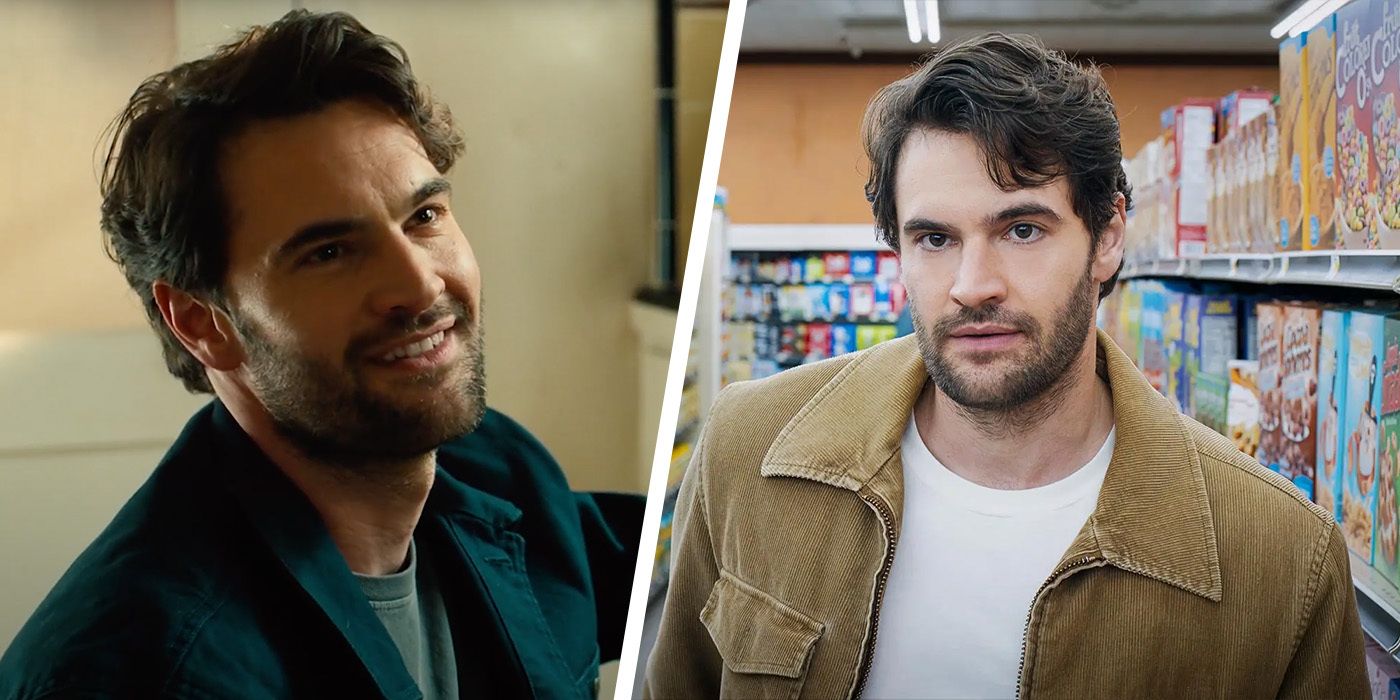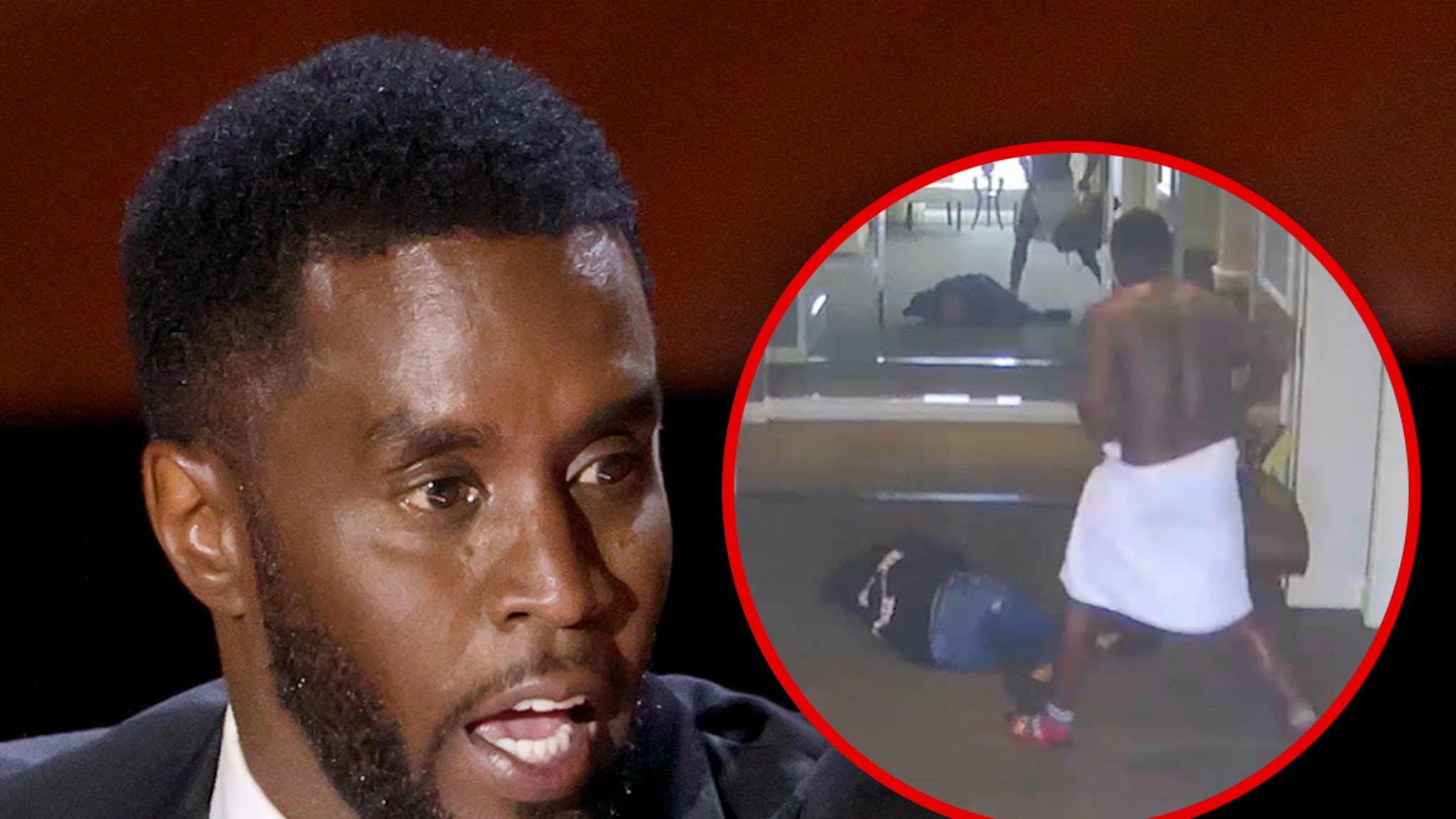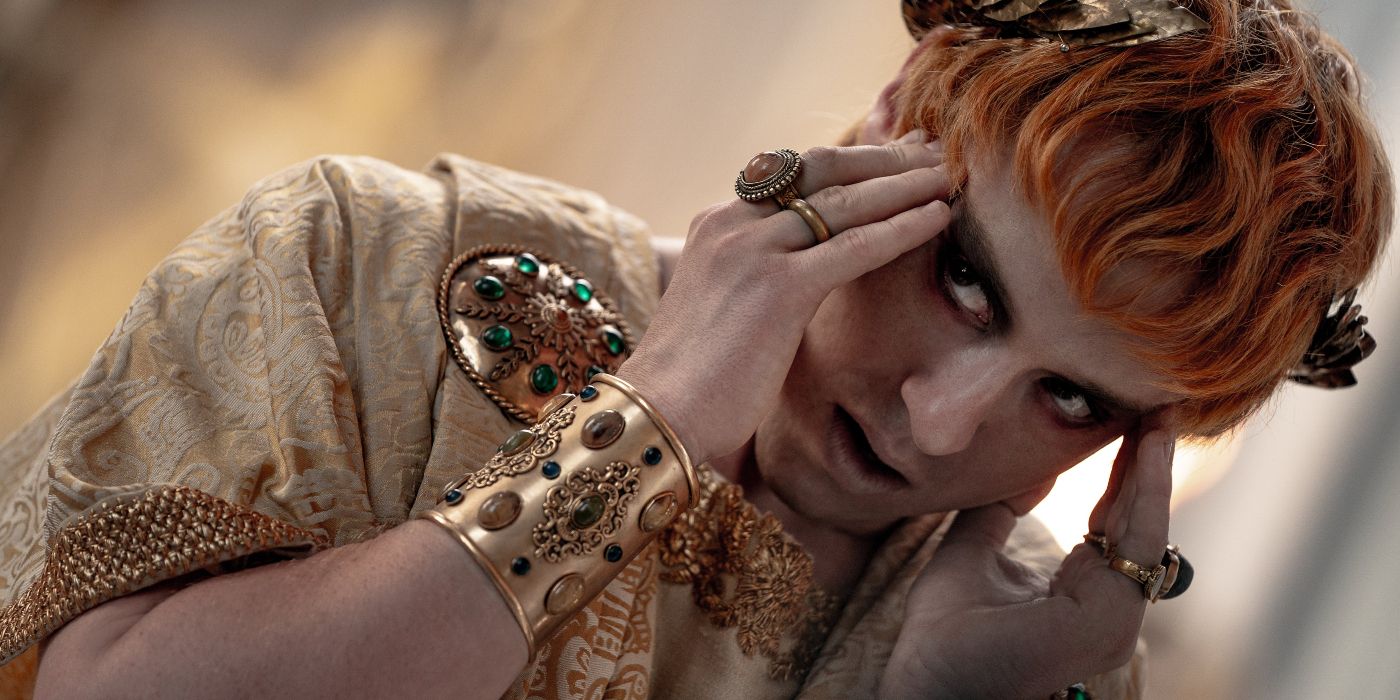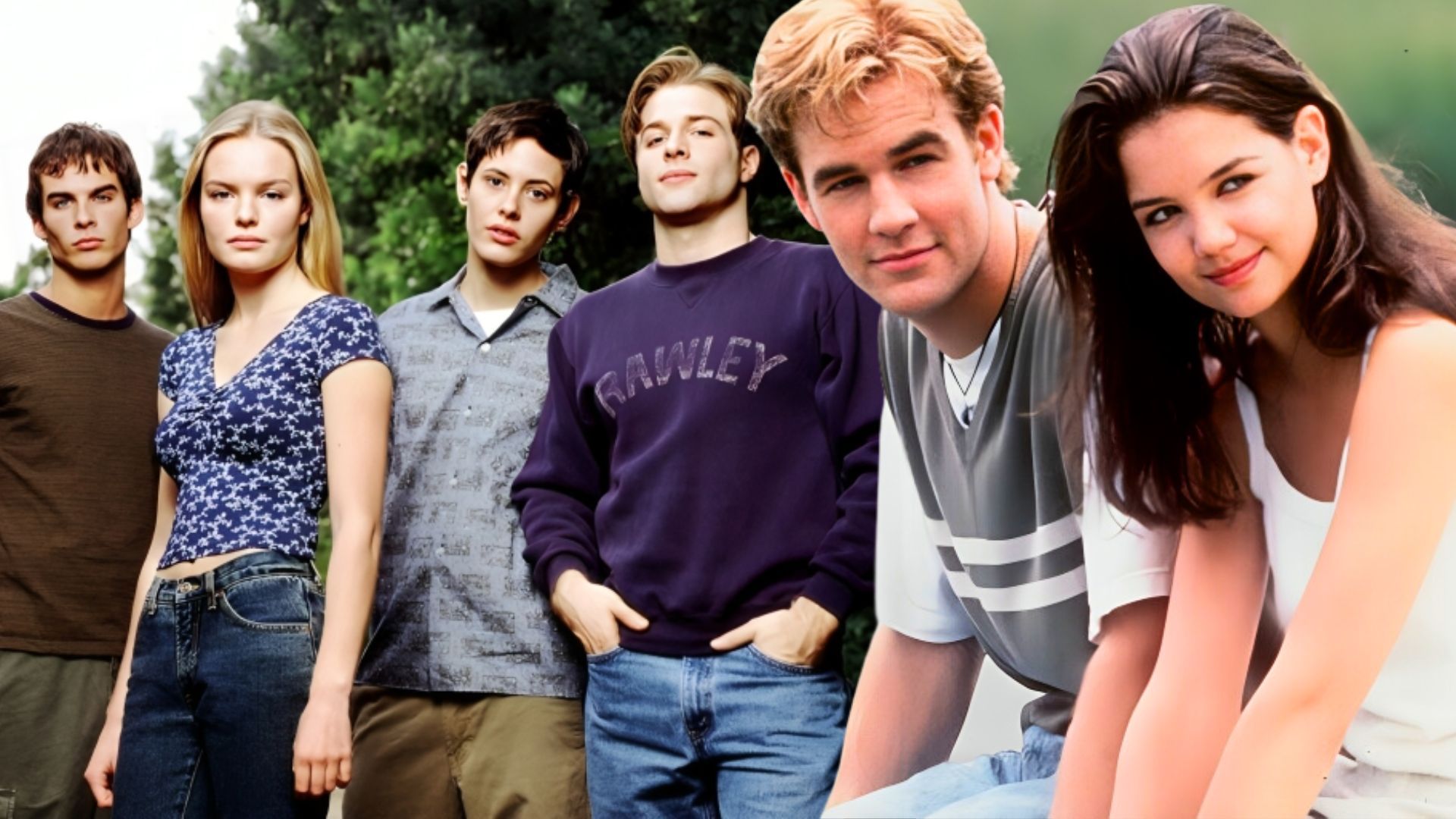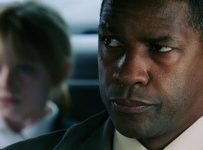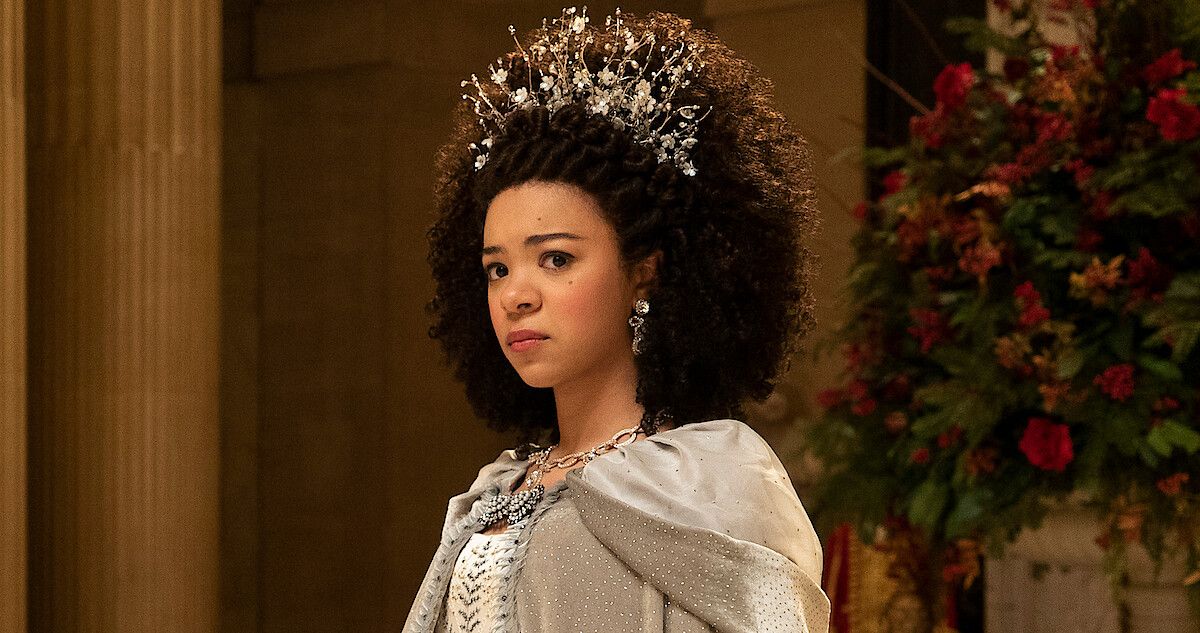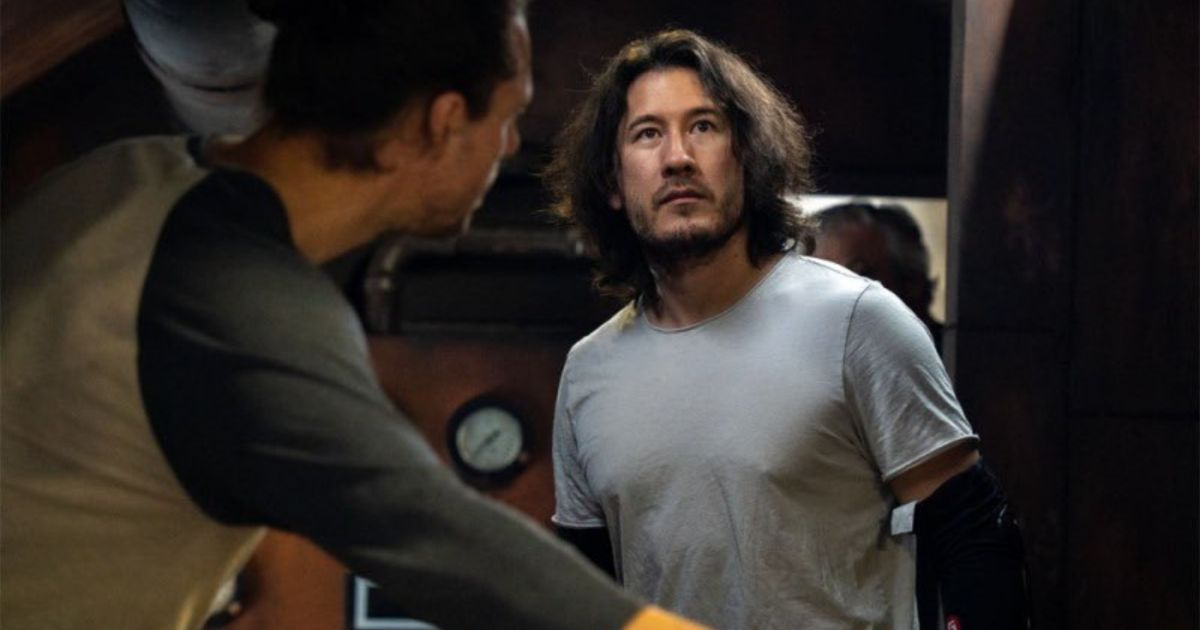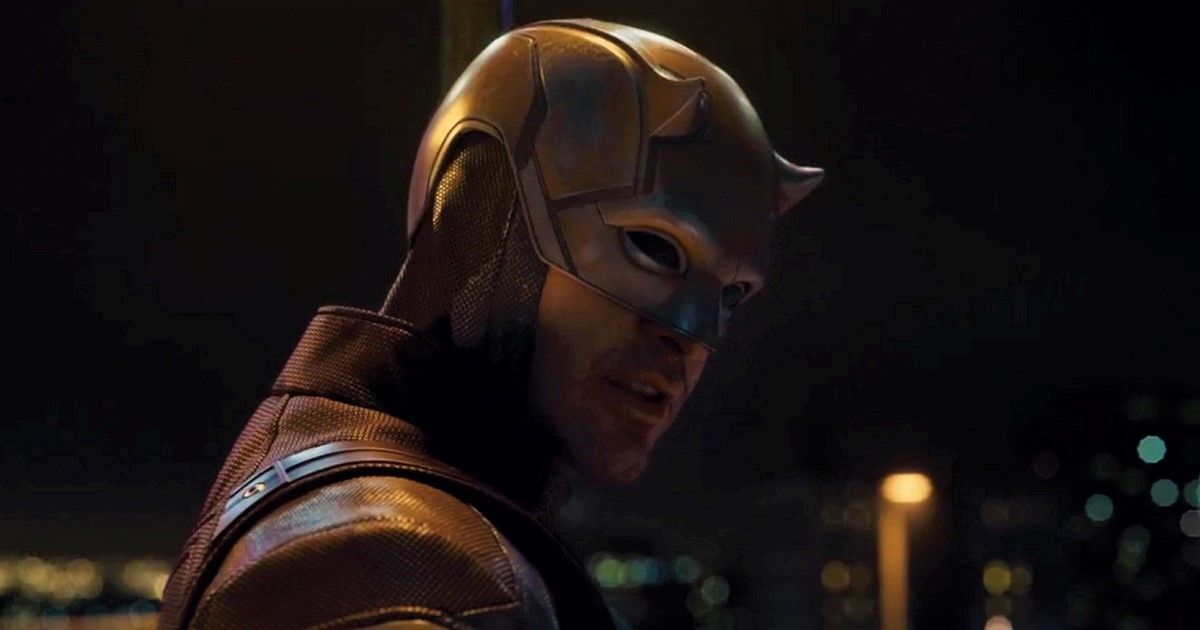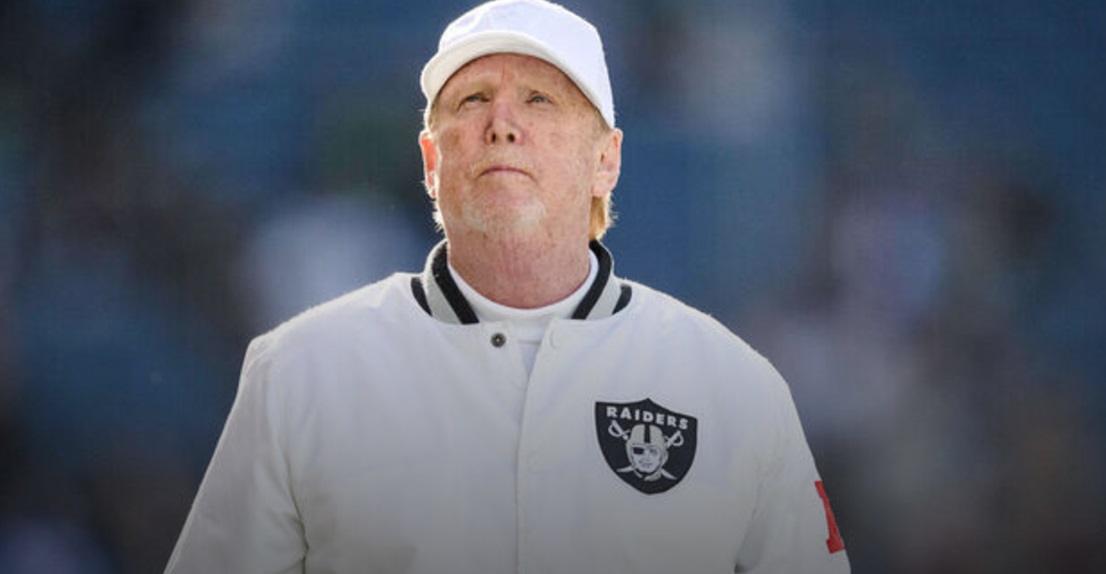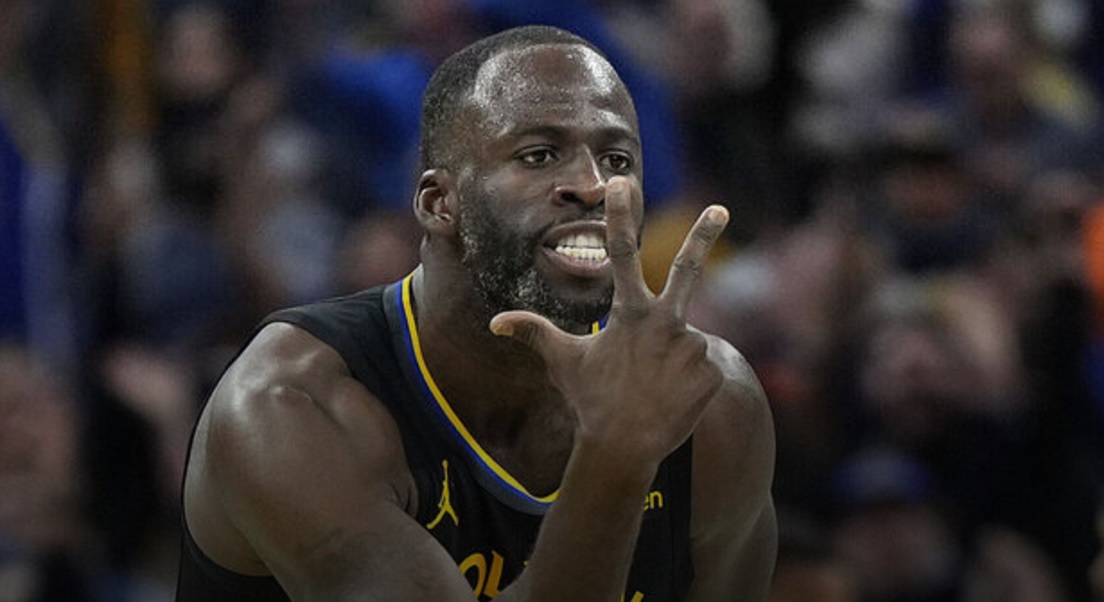“What kind of place made him the Greatest?” is the question posed as images of Louisville appear in the opening scenes. We see the house at 3302 Grand Avenue where young Cassius Clay, Jr. grew up, followed by his gravesite covered with flowers from visitors. His daughter, Rasheda Ali, tells the story of a recurring dream her father had. In it, all the locals have come out to see him run down Broadway for his daily training ritual. They root for him so fervently that he eventually takes flight from the power of their cheers. This same story is repeated at the end of the film. The dream itself seems egotistical until one realizes its symbolism—this is the wish of a local boy who “wants to do good.” The world isn’t on the sidewalks of Broadway, it’s just Louisville’s born and bred. Anyone who loves where they’re from can identify with Ali’s vision.
“City of Ali” is broken into several chapters, or “rounds,” each introduced with a drawing by LeRoy Neiman. The first round makes a good introduction to Ali’s life, even though it documents the day he died. There’s a montage of news broadcasts from around the world on June 3, 2016, showing how widespread the fighter’s fame was. Through the news reports, there’s mention of the Parkinson’s Disease that afflicted Ali for 30 years, his tenure as a three-time heavyweight champion and his conscientious objection to the Vietnam War, a decision that would cost him several years of his career. Each of these details gets fleshed out in subsequent “rounds,” providing necessary information for the uninitiated.
The news clips are followed by commentary from several of Ali’s children, each of whom describes his last day in the Phoenix hospital where he’d been admitted. Sportswriters and pundits also speak of June 3rd, with former talk show host Dick Cavett saying “it’s like Mount Rushmore fell down” and LA Times sportswriter Bill Plaschke recalling how devastated he felt. In this segment, several of the people who will guide us through the film are introduced, from childhood neighbor Lawrence Montgomery to Louisville’s mayor Greg Fischer and Natasha Mundkur, a student who speaks at Ali’s funeral. By starting with his death, the film gives a macro view of how global Ali’s influence was.
You can view the original article HERE.
